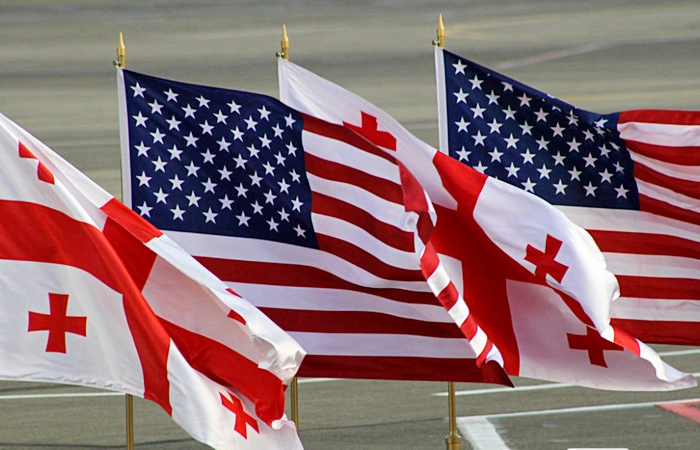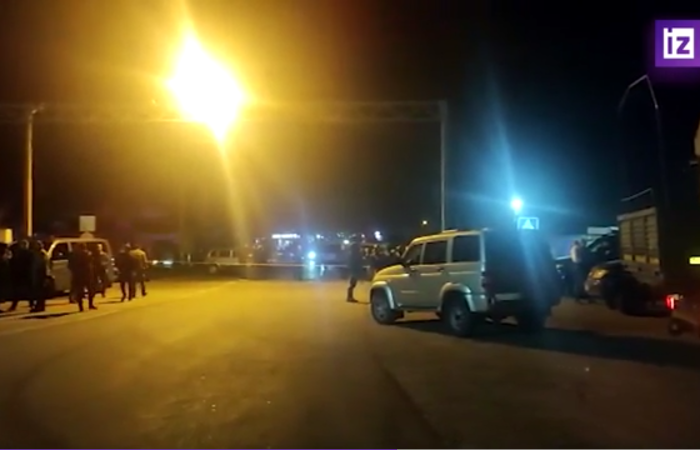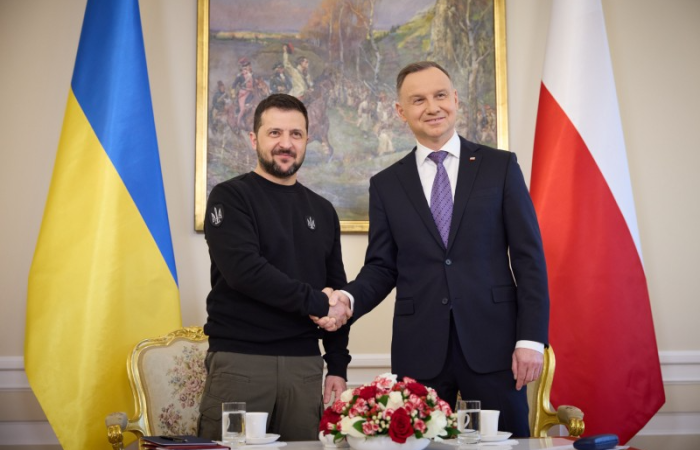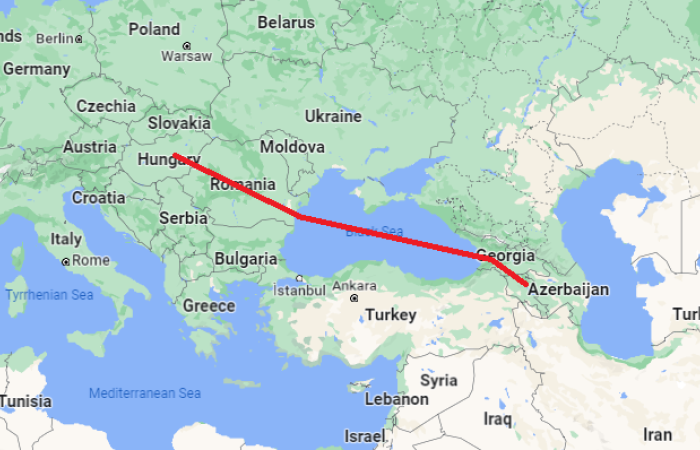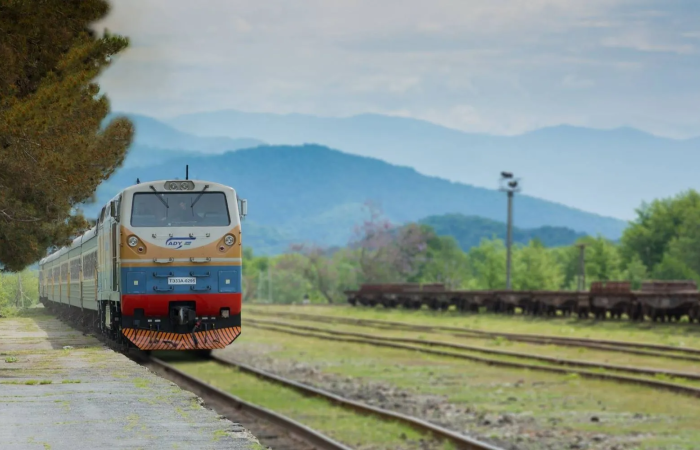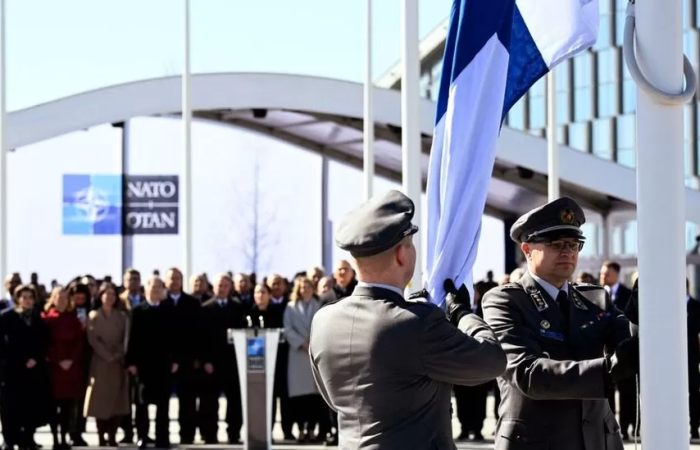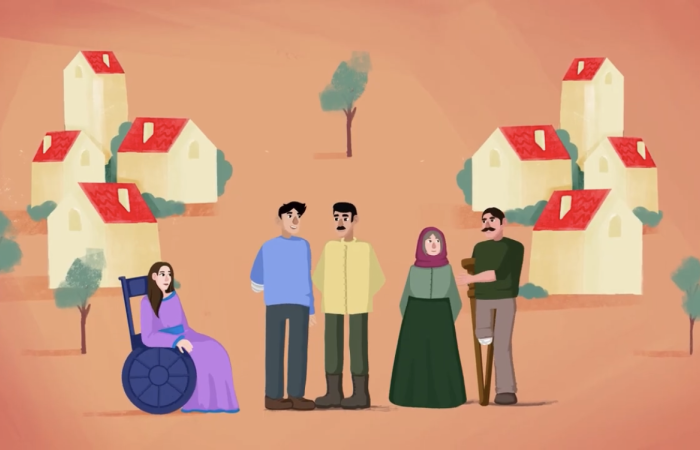Trending
"Azerbaijan Campaign to ban landmines" holds awareness-raising event in Baku
7 April 2023
The Azerbaijani NGO "Azerbaijan Campaign to Ban Landmines" has held an event in Baku State University to mark International Landmines Awareness Day. The focus of the event was the impact of landmines on victims and their communities - which is also the current theme of the regional campaign Landmine Free South Caucasus.
During the event, attended by over a hundred students from Baku State University presentations were made by Hafiz Safikhanov, Director of "Azerbaijan Campaign to Ban Landmines" (picture below) and a representative of ANAMA, the national state demining agency of Azerbaijan.



